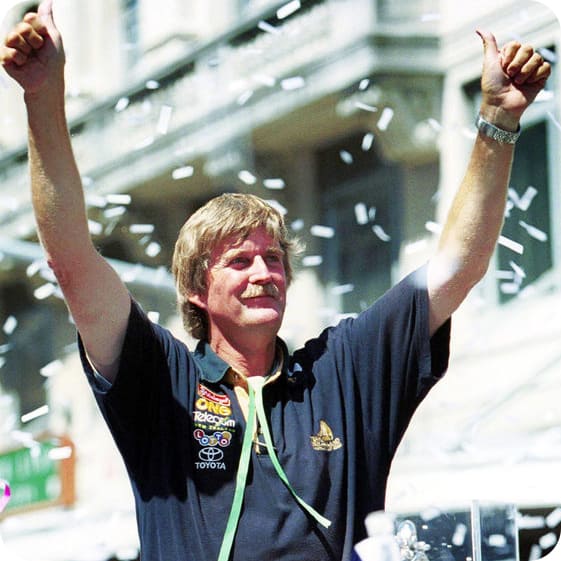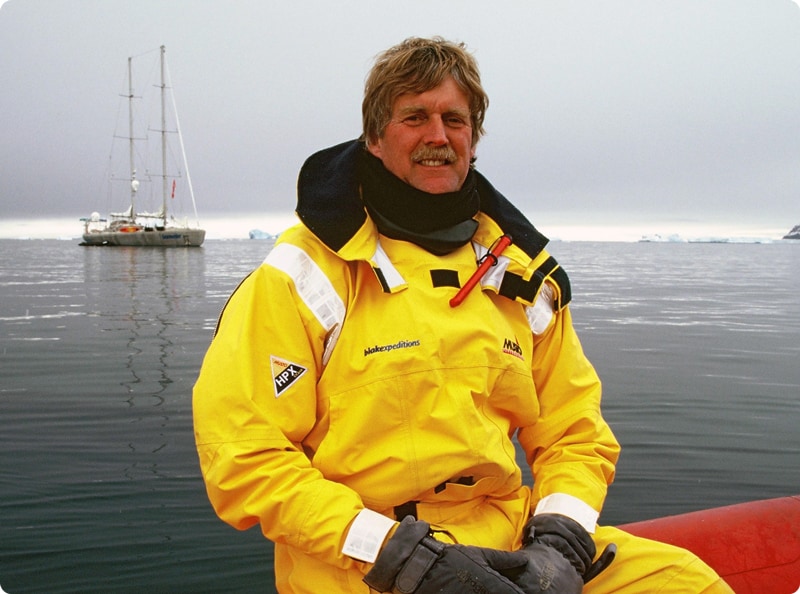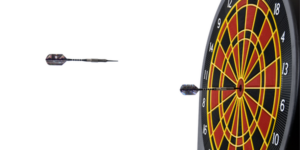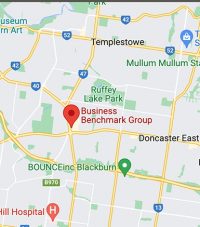A perfect business owner friend shared this story with me, and it’s timely. I think I will share it with you. So, are you familiar with the question, “Does it make the boat go faster?”
This question has become a key phrase that we often use at Business Benchmark Group and is a crucial part of our decision-making process for all we currently do. It is about your business performance. So, let me share the story with you – and I hope you’ll see why this question has become such an essential reference for us.
Peter Blake was a New Zealand yachtsman who won the Whitbread Round the World Race, the Jules Verne Trophy (setting the fastest time around the world in 74 days, 22 hours, 17 minutes, and 22 seconds), and most notably, he led Team New Zealand to multiple victories in America’s Cup in 1995 and 2000. While the American teams had money, New Zealand had an exceptionally effective strategy powered by Blake.

About Blake’s career
When Blake asked to be New Zealand’s skipper, the team wasn’t viewed as much of a contender, especially against all the other teams with more significant financial backing.
As we know, this is an expensive sport, and generally, the deeper your pockets, the more success you will likely have.
Blake was well aware of that. However, he also knew that there are thousands of components and decisions that go into preparing a racing yacht for competition: types of sails, ropes, winches, and cranks; electronics; rigging; crew composition; crew training and on and on it goes.
So, what do you think the team should focus on with all these factors that contribute to success?
Some factors are more important than others, and not all are critical for success. Like in business, finding and focusing on the right things is crucial.

Peter Blake focused the team on one strategic question: “Will it make the boat go faster?“
The New Zealand team began to rethink everything they knew about sailing and racing with this one strategy in mind. Training and team composition, equipment size and weight, and sails changed.
The results were not only back-to-back America’s Cup wins in 1995 and 2000 but the realisation of genuine team spirit, alignment, and focus.
So now that you know the history of “Will, it makes the boat go faster?” How can you apply it to your business?
How can you – like team New Zealand – become a contender in the race? Not everyone will make it to the finish line. Not everyone will be victorious.
Along the way, you will need serious grit, determination, and persistence. But you need to focus on one thing to be a true winner: Will it make the boat go faster?
Sir Peter Blake interview on leadership
Here at Business Benchmark Group, we focus on just that, and we start our week posing the question to every team member in our Monday morning meeting: What are you doing this week that will make the boat go faster?
Every team member will answer, which becomes their focus for the week.
You can have all the money, resources, time, and people in the world – but if it doesn’t make the boat go faster, how will it help you win the race?
Please focus on this concept. Make it a part of your culture, a part of your team and where the focus is, and ensure it is a question you ask of each of your team.
It helps to recognise your goals, vision and what you need to do to get there. How will you get from A to B in the fastest and most efficient way?
The last two years have been challenging, but there is always an opportunity to grab.
Your focus needs to be ‘laser-like”, and it needs to be on the right things.
The business owners who focus their effort and energy on what makes their boats go faster will always be able to adapt more quickly to changing conditions. And in true Darwinism – it’s the most adaptable that will survive.
I suggest this is a concept you adopt from this day in the future – it’s a way of business, and it’s a way to remain focused and in control.









